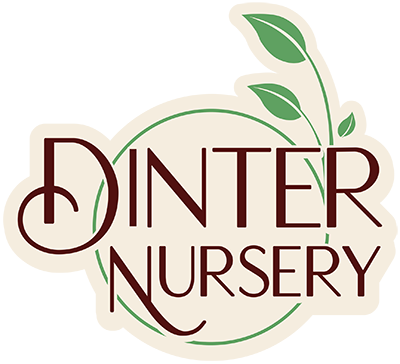How to Build Healthy Soil for the Garden
Soil is a vitally important resource. It supports the growth of fiber and food, filters air and water, affects global climate (CO2), supports above-ground wildlife habitats, decomposes plants and animals, and is home to a diverse ecosystem of soil organisms.
There’s nothing like the smell of fresh soil in the morning.
Soil is a mix of water, air, mineral content—very small rock fragments in the form of sand, silt, or clay—and organic matter. “Loam,” the ideal soil texture for gardening, contains 40% sand, 40% silt, and 20% clay. The ideal soil structure consists of an open network of pore spaces between clumps of soil particles that allow the exchange of air around the plant roots and water drainage. Naturally occurring nutrients in soil come from the weathering of the mineral fraction of the soil (sand, silt and clay), the breakdown of organic matter by soil organisms, and the decomposition of the soil organisms themselves.
The best thing you can do to build soil health is to add organic matter, which improves not only soil fertility but also texture and structure. Add 1-2 inches of organic matter to your garden beds every spring in addition to an all-purpose fertilizer such as 4-4-4 or 12-16-12. Through the summer months, nutrient hungry plants will require an extra boost in the form of liquid or water-soluble granular fertilizer feeds. Fertilizers with higher first numbers (nitrogen) should be used at this time (e.g. 5-2-4).
Mulch is another important ingredient for improving soil. Mulching for soil health is best done with organic matter, including compost, bark, straw, newspaper, grass clippings, or shredded leaves. These mulches provide habitat, nutrients, and insulation for soil organisms and plants, prevent erosion, compaction, and nutrient leaching from rainfall, conserve soil moisture, and promote a looser soil structure for good aeration and drainage.
In summary, adding organic matter to your soil is vitally important for soil health. The easiest ways to do this are adding composted kitchen waste to your garden and collecting fall leaves to use as mulch.
Soils all over the world are affected by erosion, contamination, compaction, salinization, and declines in organism biodiversity. We can do our part for global soil health by building healthy soils in our own backyards and enjoying flourishing gardens as a reward for our efforts.

